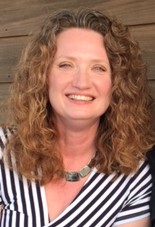When I’m editing fiction, I always pay close attention to dialogue because it’s tricky. I usually see it go one of two ways:
- The writer tries to make it too formal.
- The writer tries to make it too informal.
Pretty basic, huh?
I’m editing a book right now that falls into the first category. The writer uses no contractions in the the dialogue whatsoever. For example, “I cannot believe you have been to the store already. I did not think you would get it done that fast.” (I’m making these sentences up, but using the writer’s style to make my point.)
Read that dialogue out loud. Go ahead. I’ll wait.
